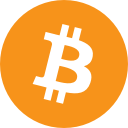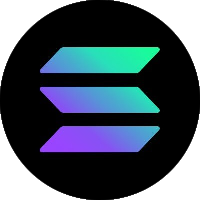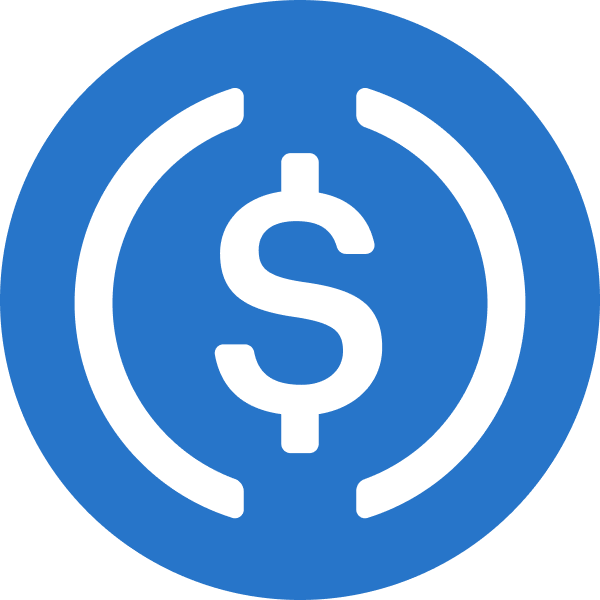
Koop Holo met Coinbase Wallet
Holo kan worden verhandeld met Coinbase Wallet, uw sleutel tot de wereld van crypto.
Holo is alleen beschikbaar via Coinbase Wallet. Activa op Coinbase Wallet worden niet bewaard door Coinbase. Voor het gebruik van Coinbase Wallet gelden deze voorwaarden.
Markt
Info over Holo
Gerelateerde crypto
Holo calculator
Coinbase Bytes
Holo daalt deze week.
De prijs van Holo is het afgelopen uur met 0,51% increased en in de afgelopen 24 uur met 8,16% increased. De prijs van Holo is de afgelopen week ook met 5,51% fallen. De huidige prijs is US$ 0,0024 per HOT met een 24-uurs handelsvolume van US$ 13,19 mln.. Momenteel wordt Holo gewaardeerd op 92,51% onder het hoogste punt ooit van US$ 0,0316. Deze hoogste prijs ooit (ATH) was de hoogste prijs die is betaald voor Holo sinds de lancering.
De huidige circulerende voorraad van Holo is 173.239.038.782,737 HOT, wat betekent dat Holo een totale marktkapitalisatie van 173.239.038.782,737 heeft.
Veelgestelde vragen
ENS-profielen ontdekken
Navigeer door de wereld van Ethereum Name Service (ENS-)profielen. Maak contact, leer en communiceer met de web3-gemeenschap op profile.coinbase.com. Bekijk hieronder enkele van de meest populaire ENS-profielen.
Sommige inhoud is opgesteld door derden die niet gelieerd zijn aan Coinbase Inc. of aan een van zijn gelieerde ondernemingen en Coinbase is niet verantwoordelijk voor dergelijke inhoud. Coinbase is niet aansprakelijk voor fouten of vertragingen in de inhoud, of voor acties die worden ondernomen op basis van enige inhoud. Informatie wordt uitsluitend ter informatie verstrekt en is geen beleggingsadvies. Dit is geen aanbeveling om een bepaald digitaal activum te kopen of verkopen of om een bepaalde beleggingsstrategie te hanteren. Coinbase doet geen uitspraak over de nauwkeurigheid, geschiktheid of geldigheid van de verstrekte informatie of voor een bepaald activum. Getoonde prijzen zijn alleen ter illustratie. Werkelijke cryptovalutaprijzen en bijbehorende statistieken kunnen afwijken. De gepresenteerde gegevens kunnen activa weergeven die worden verhandeld op de beurs van Coinbase en geselecteerde andere cryptovaluta-beurzen.




















































